Anthropology
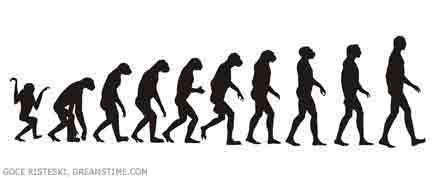
Find out everything there is to know about anthropology and stay updated on the latest anthropology news with the comprehensive articles, interactive features and anthropology pictures at LiveScience.com. Learn more as scientists continue to make amazing discoveries about anthropology.
Latest about anthropology

Elite Celtic warrior had healed arrowhead injury in his pelvis, 3D bone analysis reveals
By Kristina Killgrove published
A Celtic warrior was injured in battle 2,500 years ago. Archaeologists were able to identify the weapon based on 3D scans of his skeleton.

'Hairy books' were covered in sealskin by medieval monks
By Kristina Killgrove published
A scientific analysis of dozens of 12th- and 13th-century books found in European monasteries reveals they were bound in sealskins procured by Norse traders from as far away as Greenland.
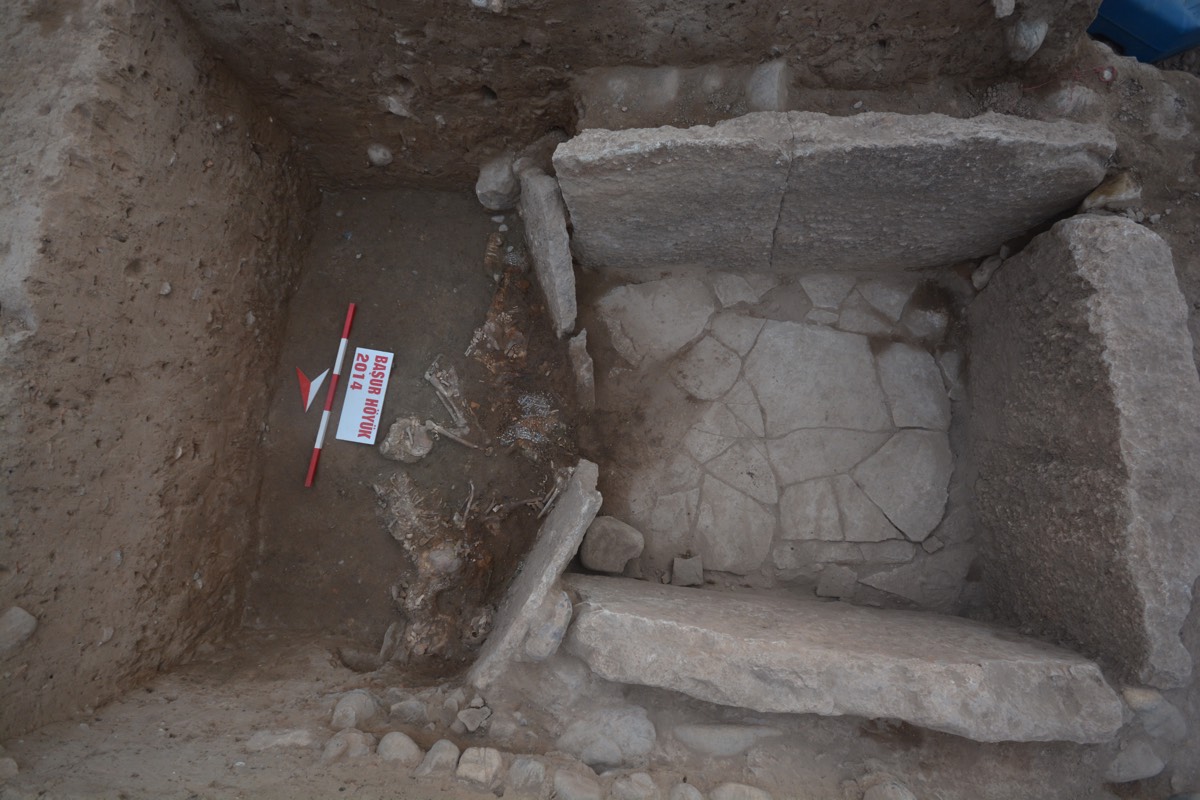
Human sacrifices found in a Bronze Age tomb in Turkey were mostly teenage girls
By Kristina Killgrove published
Archaeologists are unsure why unrelated teenagers were buried in an elaborate Bronze Age tomb but think their age may be a clue.
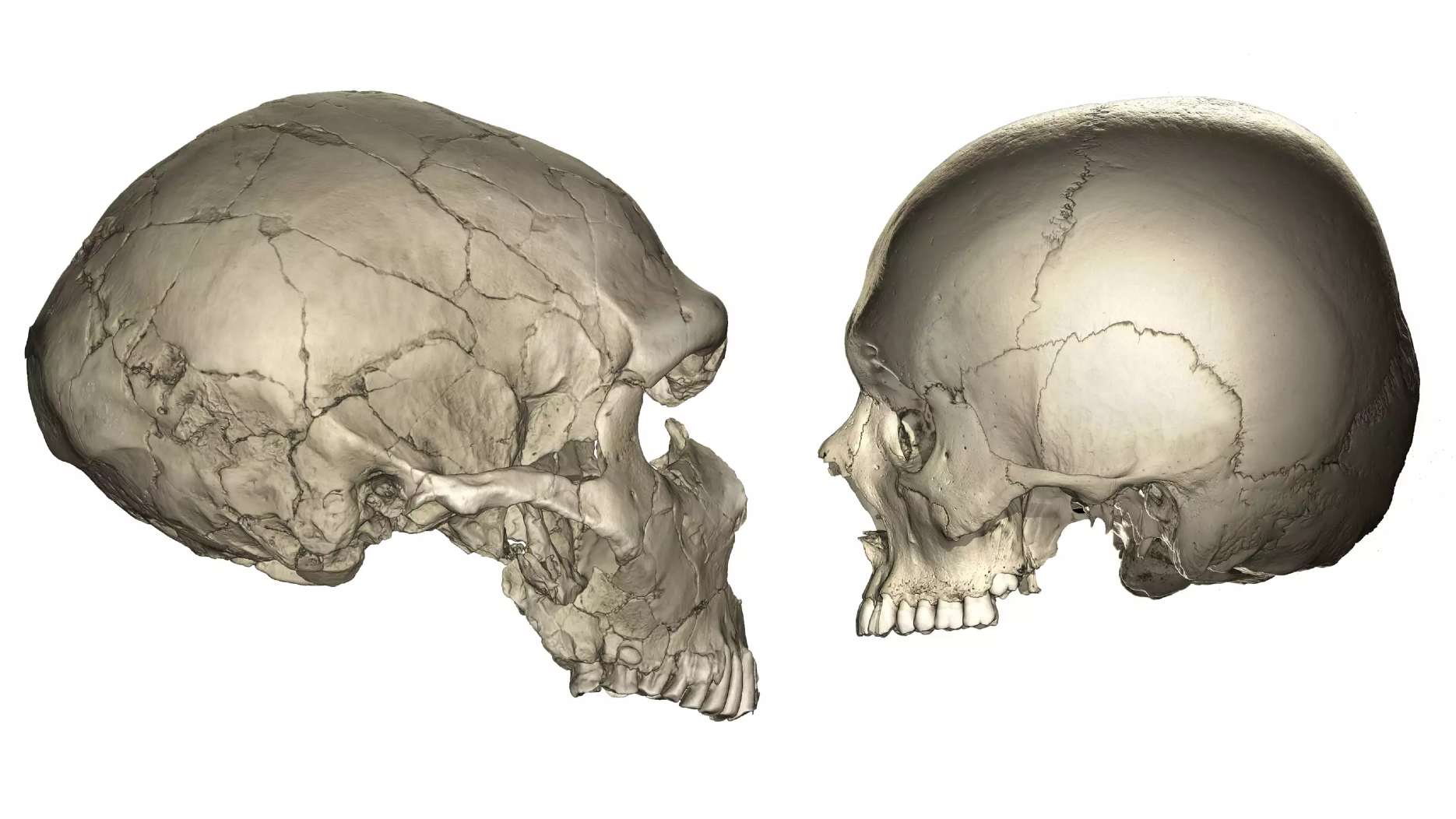
Why modern humans have smaller faces than Neanderthals and chimpanzees
By Kristina Killgrove published
We have smaller faces than Neanderthals and even chimps. A new study may explain how this came to be.
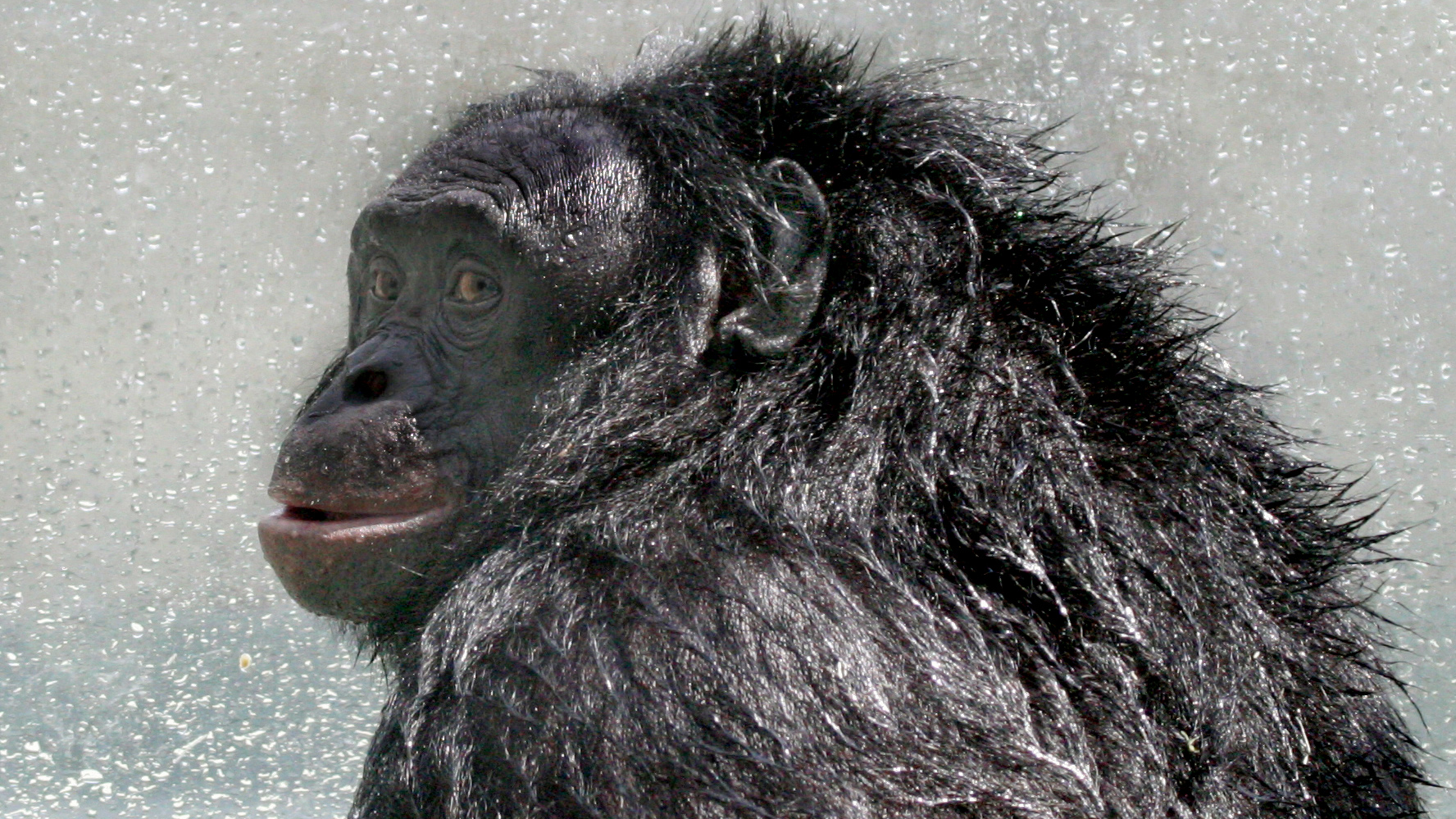
'Bonobo genius' Kanzi, who could understand English and play Minecraft, dies at 44
By Kristina Killgrove published
The bonobo Kanzi, who learned to make stone tools, play Minecraft and communicate at the level of a 2-year-old human, has died.
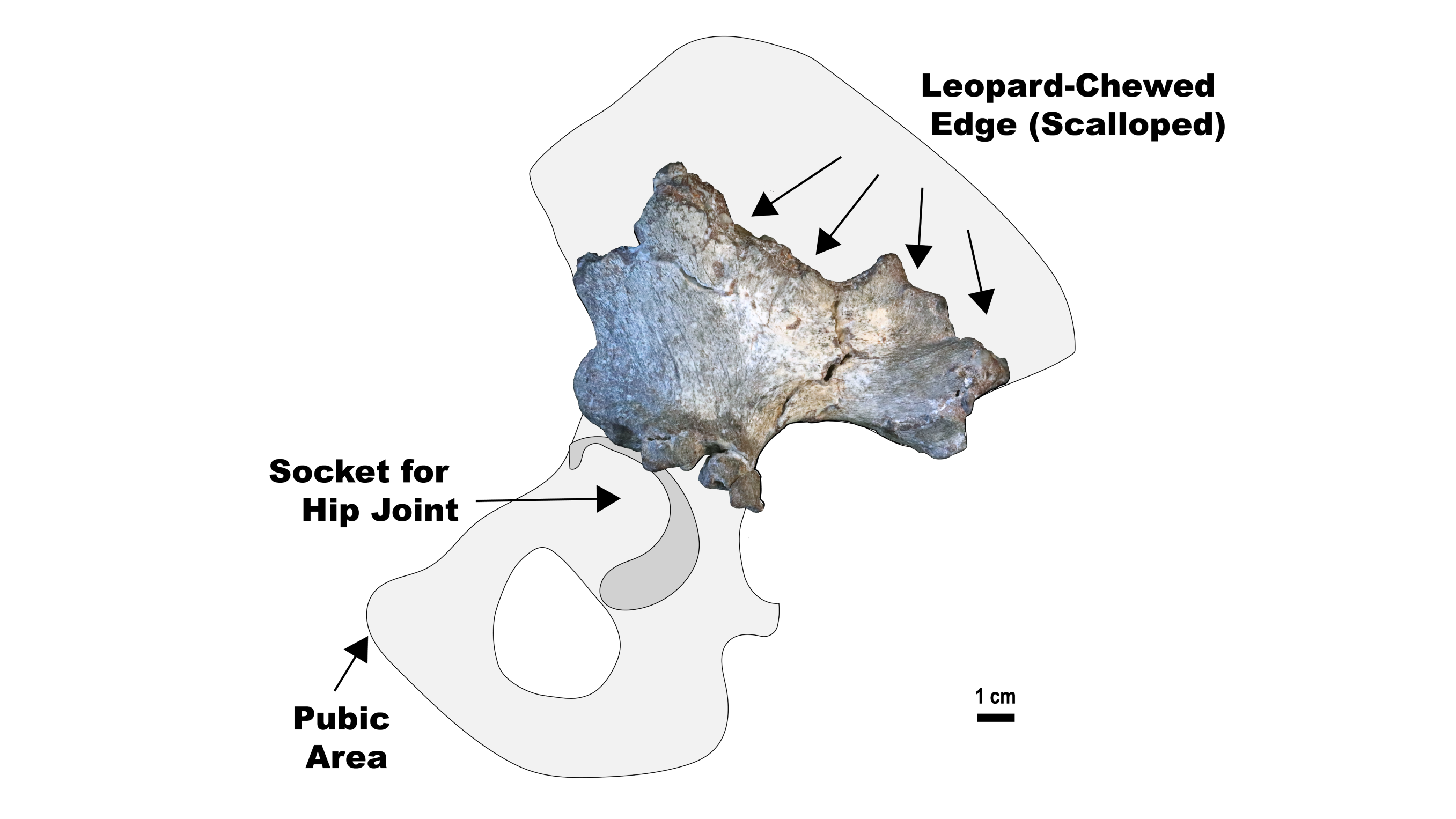
Smallest human relative ever found may have been devoured by a leopard 2 million years ago
By Kristina Killgrove published
The left hip and leg bones from a young female Paranthropus robustus discovered in South Africa show she was extremely short — and ended up as a leopard's lunch.

'Mystery population' of human ancestors gave us 20% of our genes and may have boosted our brain function
By Kristina Killgrove published
A novel genetic model suggests that the ancestors of modern humans came from two distinct populations that split and reconnected during our evolutionary history.
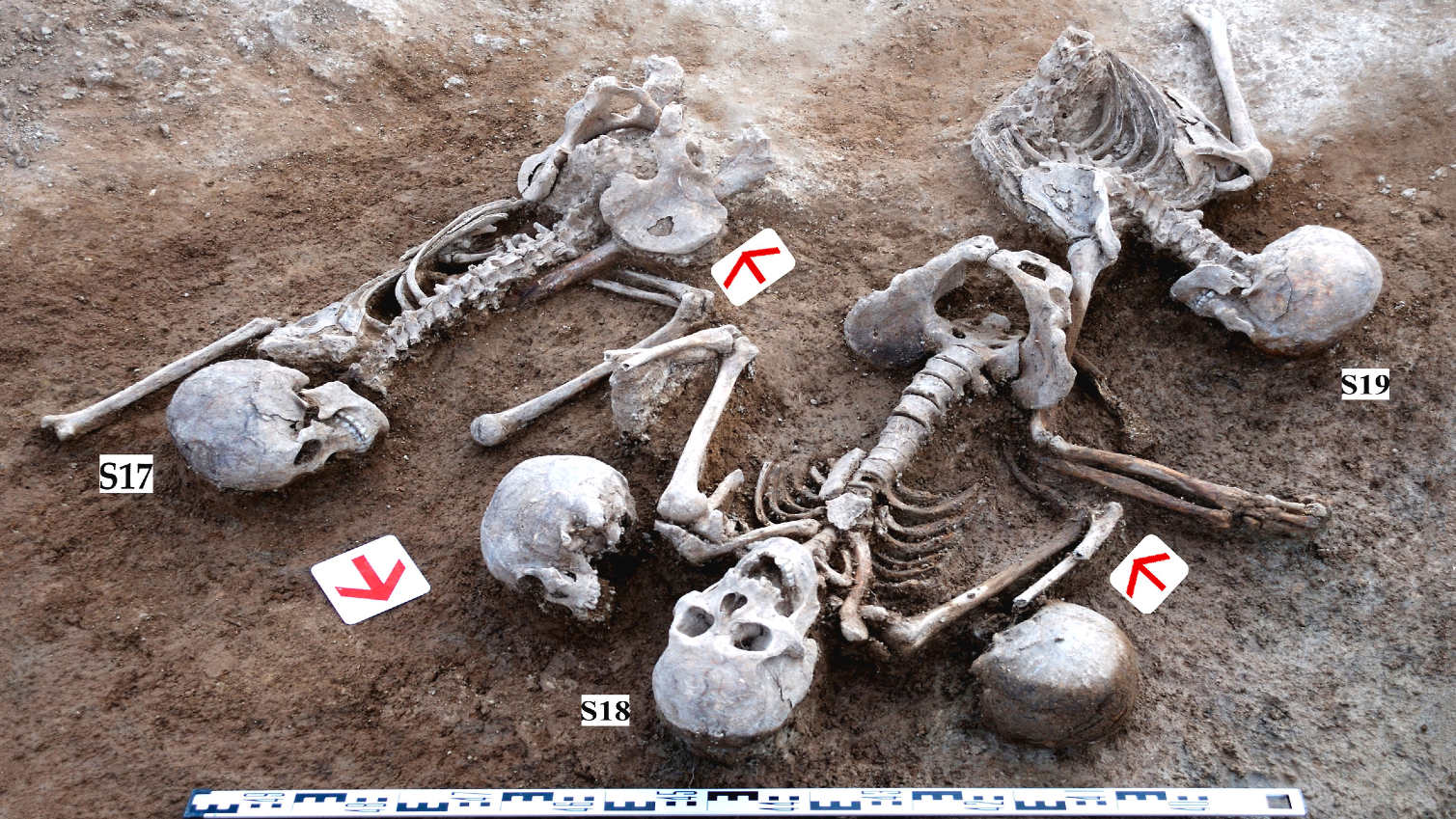
'The most shameful form of execution': Han warriors found dismembered in 2,100-year-old mass grave in Mongolia
By Kristina Killgrove published
Genetic analysis of skeletons in a mass grave in Mongolia has revealed they were soldiers in the Han-Xiongnu Wars more than two millennia ago.
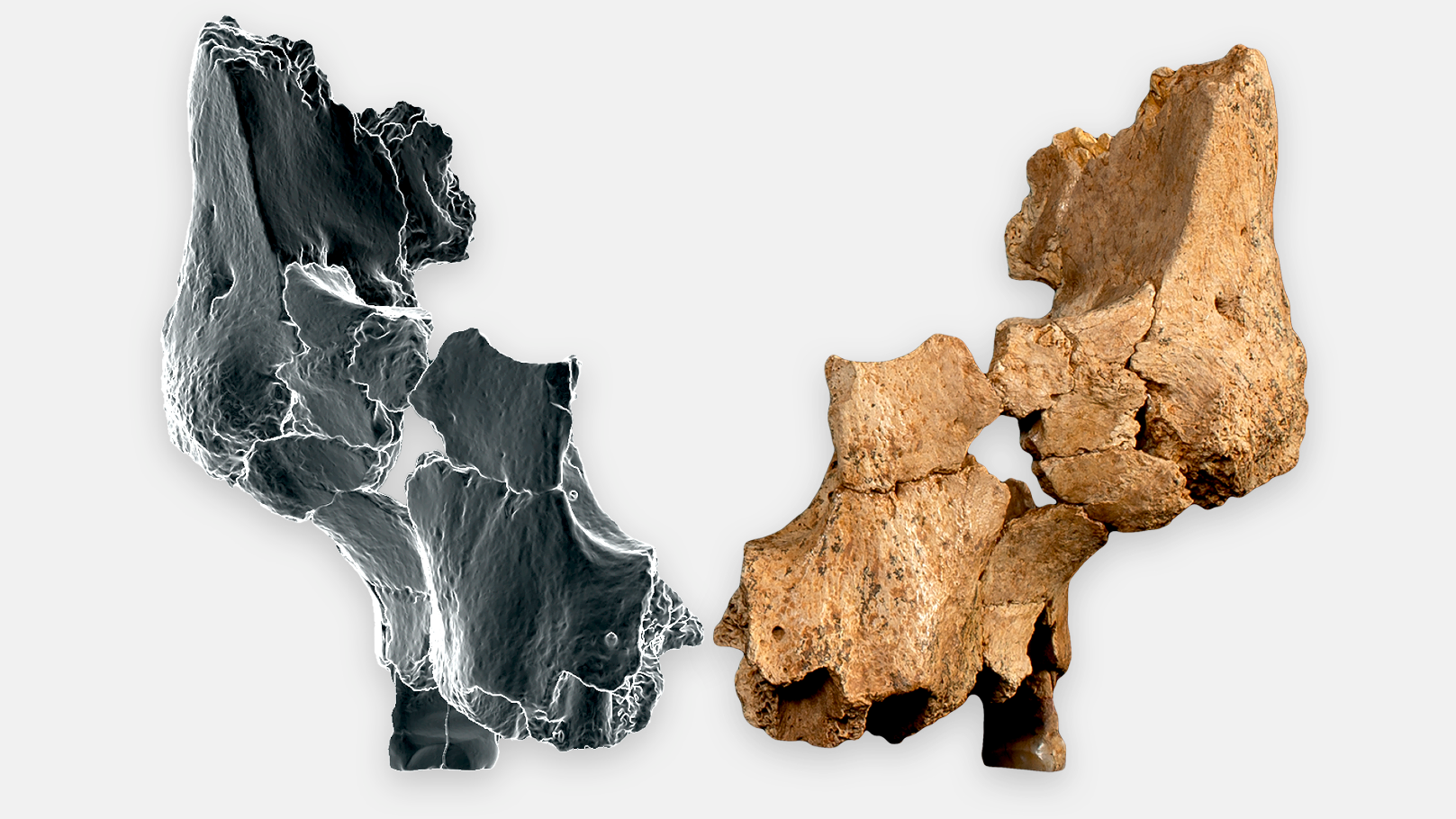
Human ancestors arrived in Western Europe much earlier than previously thought, fossil face fragments reveal
By Kristina Killgrove published
Fragments of the left side of the skull of a human relative have been discovered in Spain, revealing the face of the oldest human ancestor ever discovered in Western Europe.
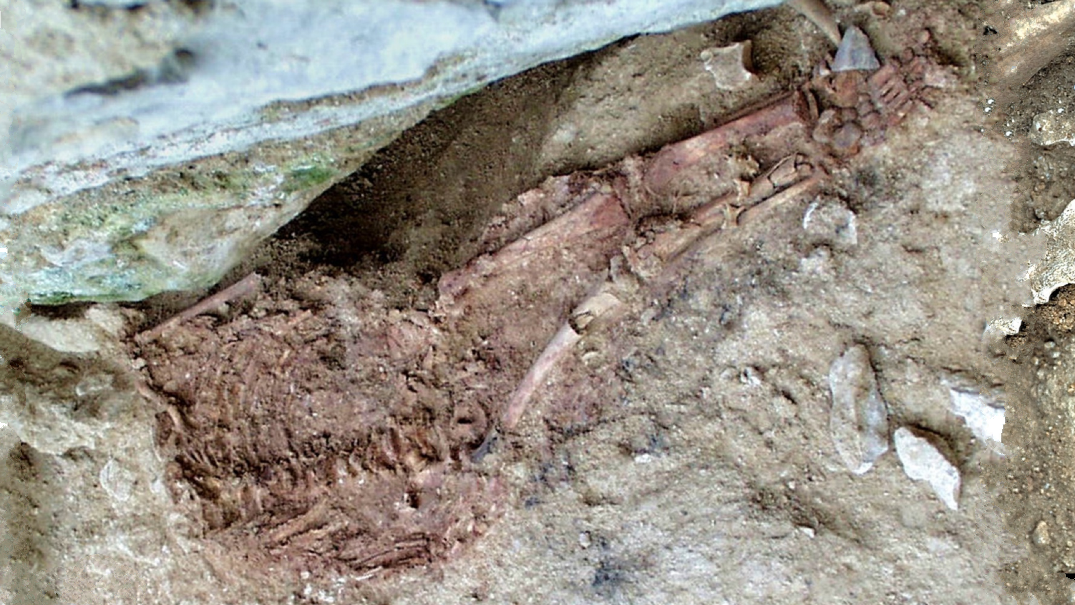
28,000-year-old Neanderthal-and-human 'Lapedo child' lived tens of thousands of years after our closest relatives went extinct
By Kristina Killgrove published
Researchers used a novel method of radiocarbon dating to figure out the age of the Lapedo child, who had both Neanderthal and human traits.
Sign up for the Live Science daily newsletter now
Get the world’s most fascinating discoveries delivered straight to your inbox.
